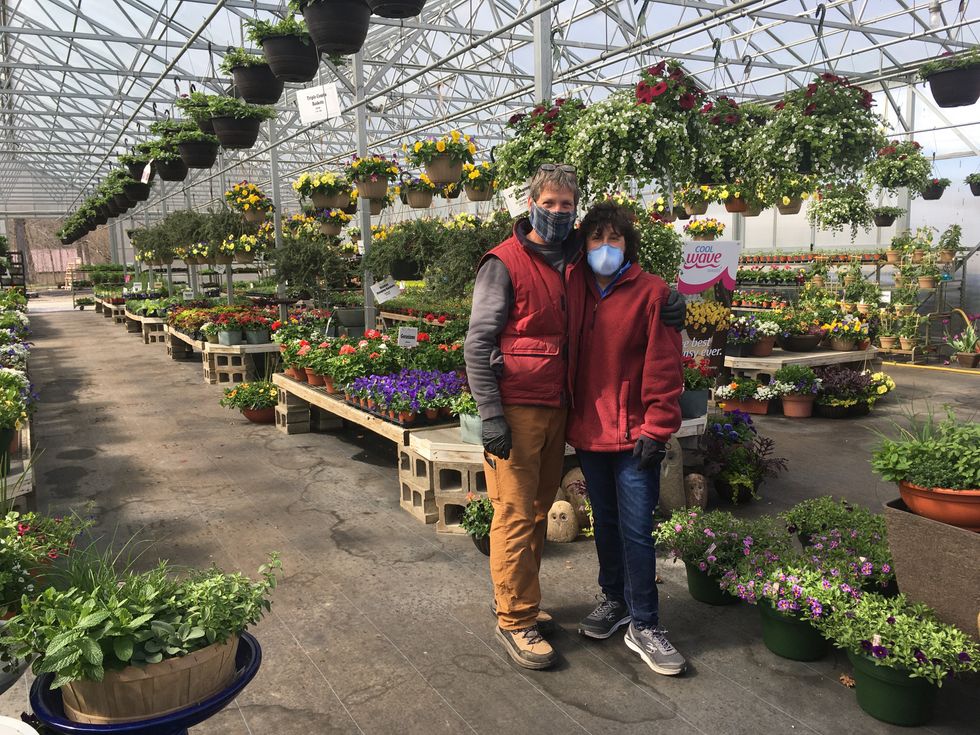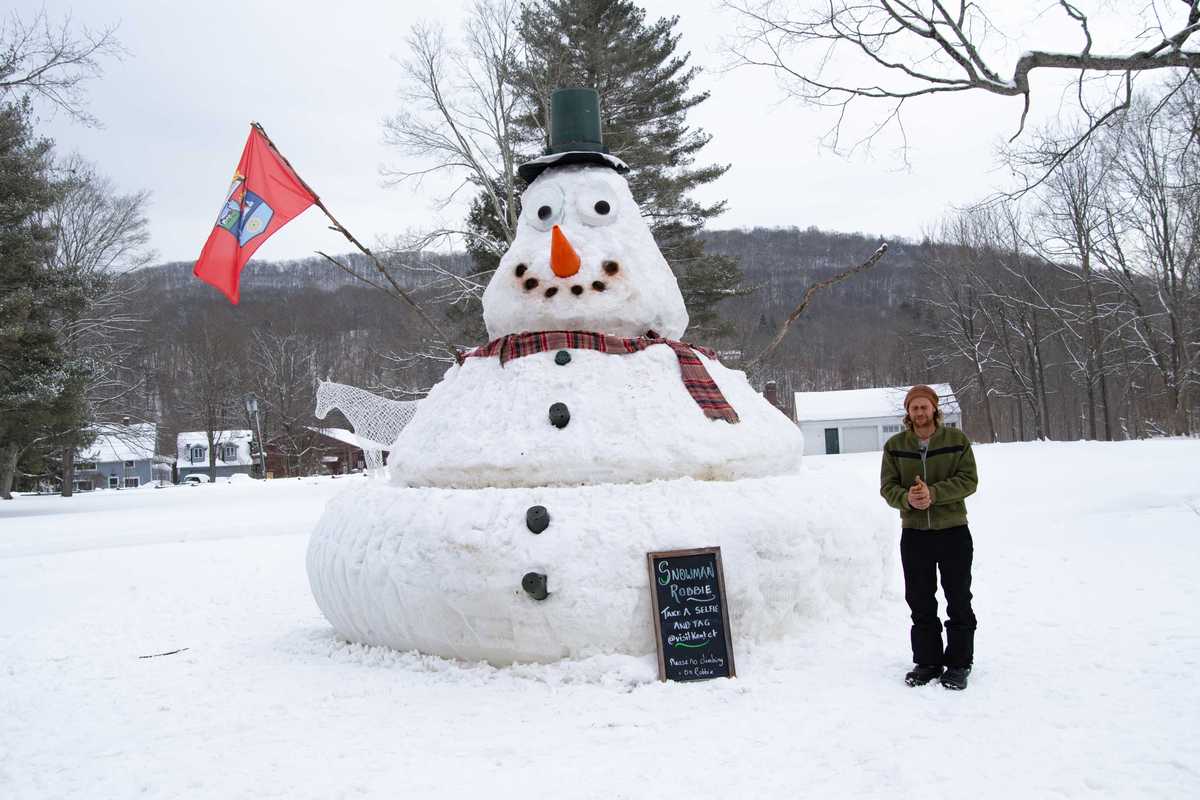Seeds, plants and vegetables: Many options for growing produce

Sarah (Paley) Coon and her husband, Chris, owners of Paley’s Farm Market in Sharon, said they’ve been busy since the garden center opened at the end of March. Many customers are eager to start their own vegetable gardens this year, they said.
Photo by Cynthia Hochswender



 lakevillejournal.com
lakevillejournal.com 





 Visitors consider Norman Rockwell’s paintings on Civil Rights for Look Magazine, “New Kids in the Neighborhood” (1967) and “The Problem We All Live With” (1963.) L. Tomaino
Visitors consider Norman Rockwell’s paintings on Civil Rights for Look Magazine, “New Kids in the Neighborhood” (1967) and “The Problem We All Live With” (1963.) L. Tomaino

 Styling a tray can give a home or room a re-fresh.Kerri-Lee Mayland
Styling a tray can give a home or room a re-fresh.Kerri-Lee Mayland




